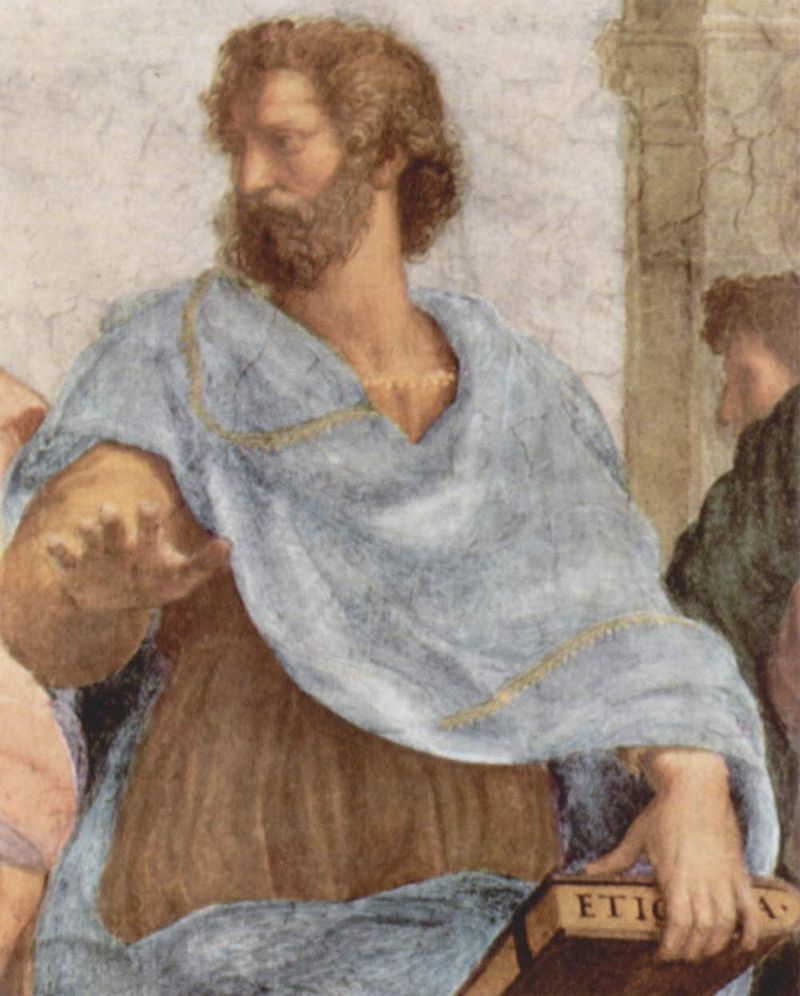Whoop. Woot. Rawrr. Claw. Battle. Rumpus. Fantastical beasts. An omnipotent little boy. A busy mother. A boat. Feed me. Let the wild rumpus start!
Where the Wild Things Are is out on DVD. I remember vividly as a child reading Sendak’s book. The potent image in my mind is Max’s whiskers. And the almost excessive use of dark, black lines to form the outline of the bodies, the monsters, and the jungle-like setting. I appreciate Spike Jonze’s adaptation of the story and Karen O’s soundtrack. The film is true to the heart of the story. I recently saw the film Synecdoche, New York and realized that Jonze and Kaufmann are similar artists. Perhaps we forget that Kaufmann and Jonze are in similar camps. Both directors understand an adaptation of a book or a story for the film is not the same as a retelling of the story. The film of the Wild Things is not the book. It is something different. For example, in the film, Max is swallowed alive by one of the wild things as an act of protection but as well as a projection of the Freudian id. But its difference does not offend the original heart of Sendak’s story. The simple message of a boy's journey from raw emotion to belonging, the meal was still hot, is still intact. A must see. The film is in the spirit of “Let the Wild Rumpus Start!








